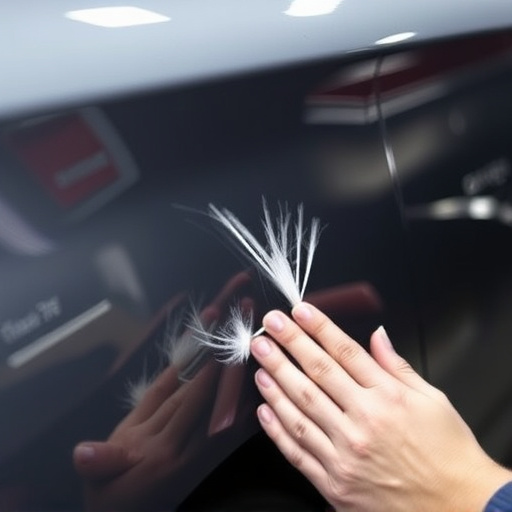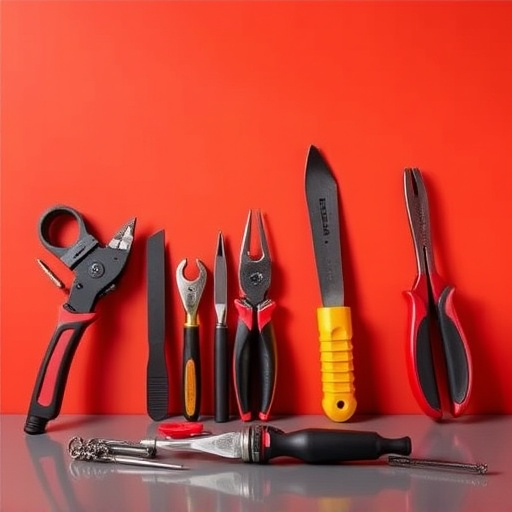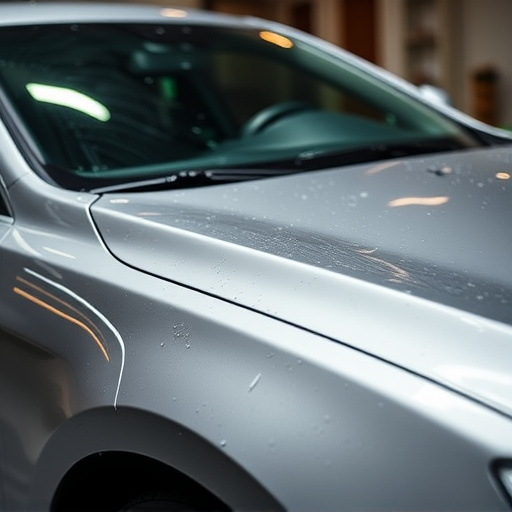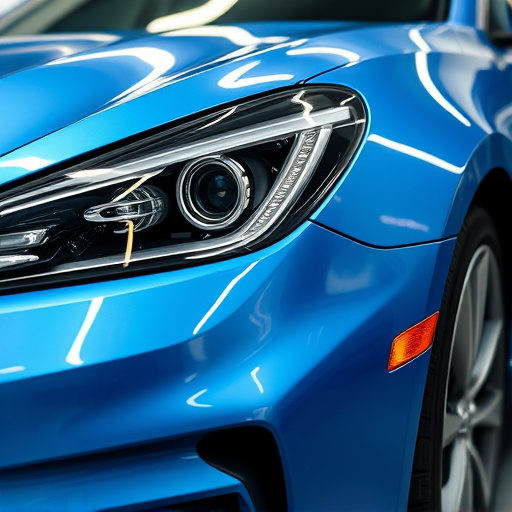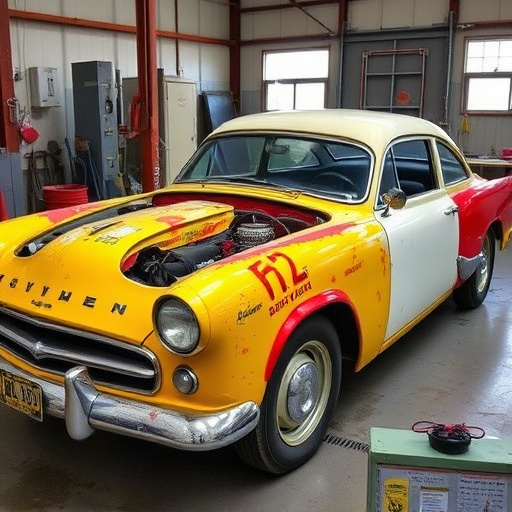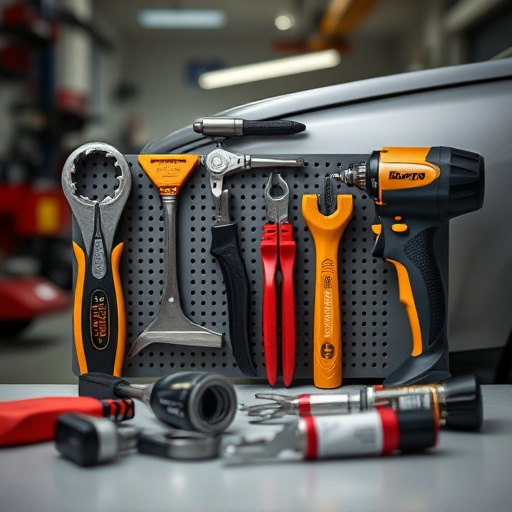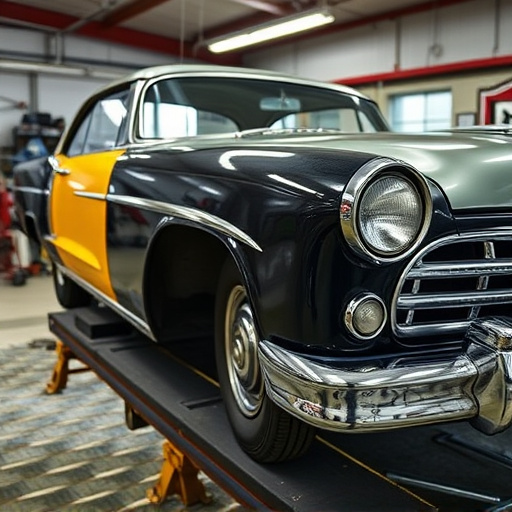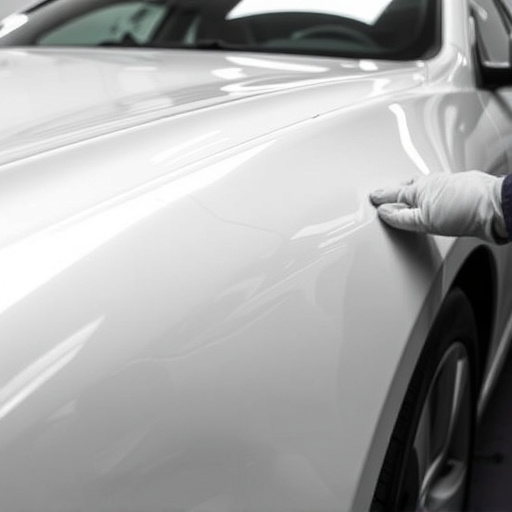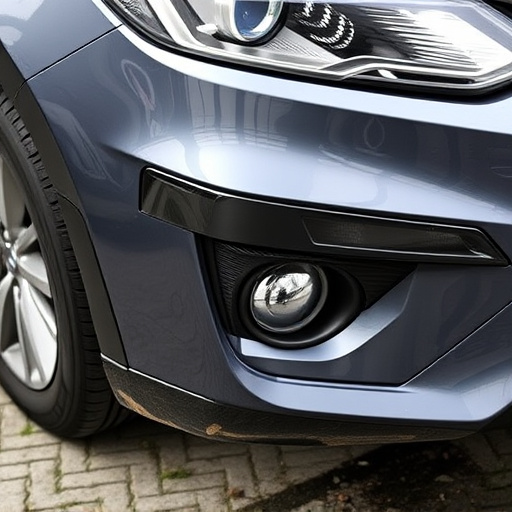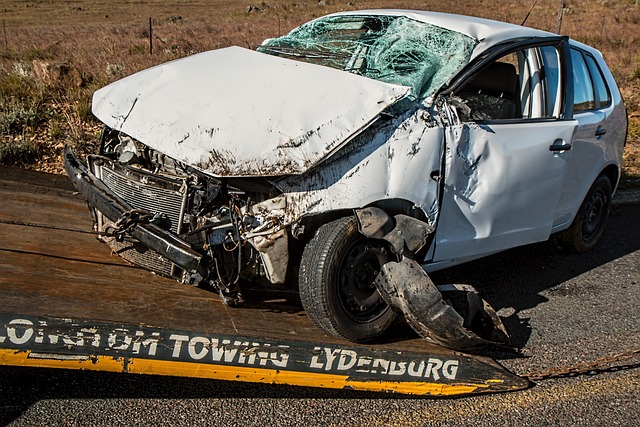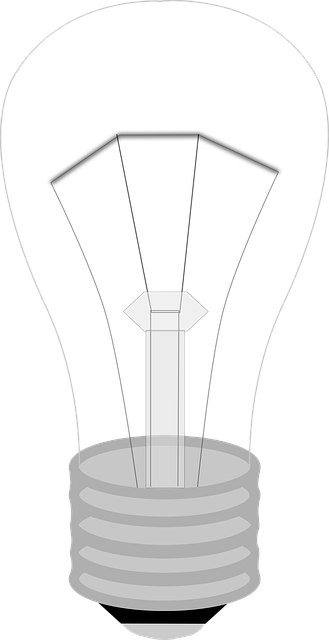Tesla's aluminum welding certification for Models S, 3, X, and Y sets a high bar for manufacturing quality and sustainability, utilizing advanced techniques like laser welding to minimize waste and ensure structural integrity, aesthetic appeal, and superior durability in electric vehicles compared to traditional methods.
Tesla has revolutionized the automotive industry with its electric vehicle lineup, and now, the company is setting new standards in manufacturing with its Tesla Aluminum Welding Certification. This certification focuses on ensuring the durability and structural integrity of vehicles like the Model S, 3, X, and Y by implementing advanced aluminum welding techniques. The process involves rigorous testing and quality control, emphasizing the key role of welding in electric vehicle longevity.
- Tesla's Welding Standard for Aluminum Bodies
- Certification Process: Model S, 3, X, Y
- Benefits and Impact on Electric Vehicle Durability
Tesla's Welding Standard for Aluminum Bodies
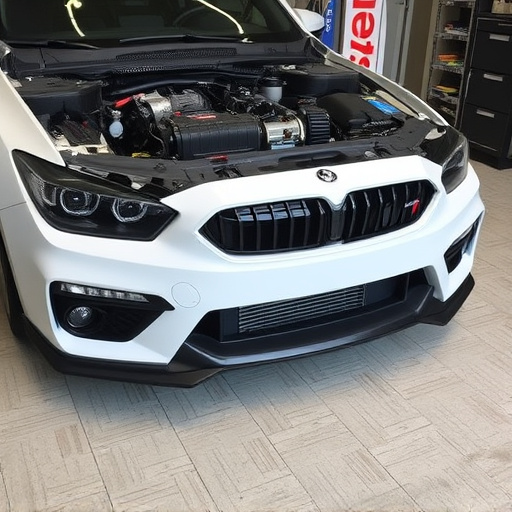
Tesla has set a high standard for itself when it comes to manufacturing and vehicle quality, and their aluminum welding certification process for models S, 3, X, and Y is no exception. The company employs a sophisticated and precise method for joining aluminum bodies, ensuring structural integrity and aesthetic excellence. This advanced welding technique is a key aspect of Tesla’s commitment to sustainability, as it minimizes material waste and reduces the overall environmental impact compared to traditional metal fabrication methods.
The certification process involves rigorous training and testing to guarantee that every weld meets Tesla’s stringent standards. Technicians undergo specialized training in aluminum welding, focusing on techniques like laser welding and robotic automation to create seamless joints. This not only ensures the structural soundness of the vehicles but also contributes to their sleek, modern design aesthetic. With a focus on precision and quality, Tesla sets a benchmark for automotive collision repair and demonstrates its dedication to delivering top-tier craftsmanship in every aspect of its vehicle construction, from preventing car dents to intricate assembly.
Certification Process: Model S, 3, X, Y

Tesla’s Aluminum Welding Certification is a significant process ensuring the highest quality standards for their vehicles, particularly the Model S, 3, X, and Y. This certification involves rigorous testing and training to verify that welds meet the stringent requirements of both Tesla and the automotive industry at large. The process includes specialized techniques and equipment designed for aluminum welding, as well as a deep understanding of material properties and joint design.
For vehicle body shops and collision centers aiming to handle Tesla repairs, achieving this certification is paramount. It signifies an expert level of craftsmanship, ensuring that repairs on models like the Model S, 3, X, and Y are not just functional but also maintain the vehicle’s structural integrity and sleek design—a far cry from the conventional mercedes benz collision repair approach.
Benefits and Impact on Electric Vehicle Durability
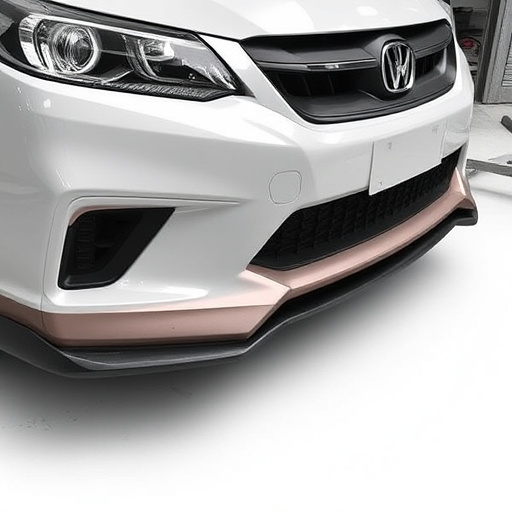
The Tesla Aluminum Welding Certification for Model S, 3, X, and Y brings significant advantages in enhancing the durability of electric vehicles (EVs). By implementing advanced aluminum welding techniques, Tesla ensures that their vehicles possess superior structural integrity, a crucial factor in EV longevity. This certification standards focus on precise welds, which not only strengthen the chassis but also contribute to the overall rigidity of the vehicle.
Aluminum is a lightweight material known for its excellent corrosion resistance, making it ideal for EVs aiming to reduce overall weight and improve range. The proper welding of aluminum components prevents weaknesses that could lead to structural failures over time. This is particularly relevant in the event of minor accidents, such as fender benders or auto collisions at low speeds, where a robust weld system ensures that the vehicle’s structural integrity remains intact, potentially preventing costly repairs compared to traditional steel-welded vehicles, including those requiring auto glass replacement.
Tesla’s commitment to utilizing aluminum welding in their vehicle construction has reached a significant milestone with the introduction of their Aluminum Welding Certification for the Model S, 3, X, and Y. This certification ensures that these electric vehicles maintain superior structural integrity and durability, setting a new standard in the automotive industry. By embracing advanced welding techniques, Tesla continues to revolutionize the EV market, providing consumers with reliable and long-lasting transportation.
